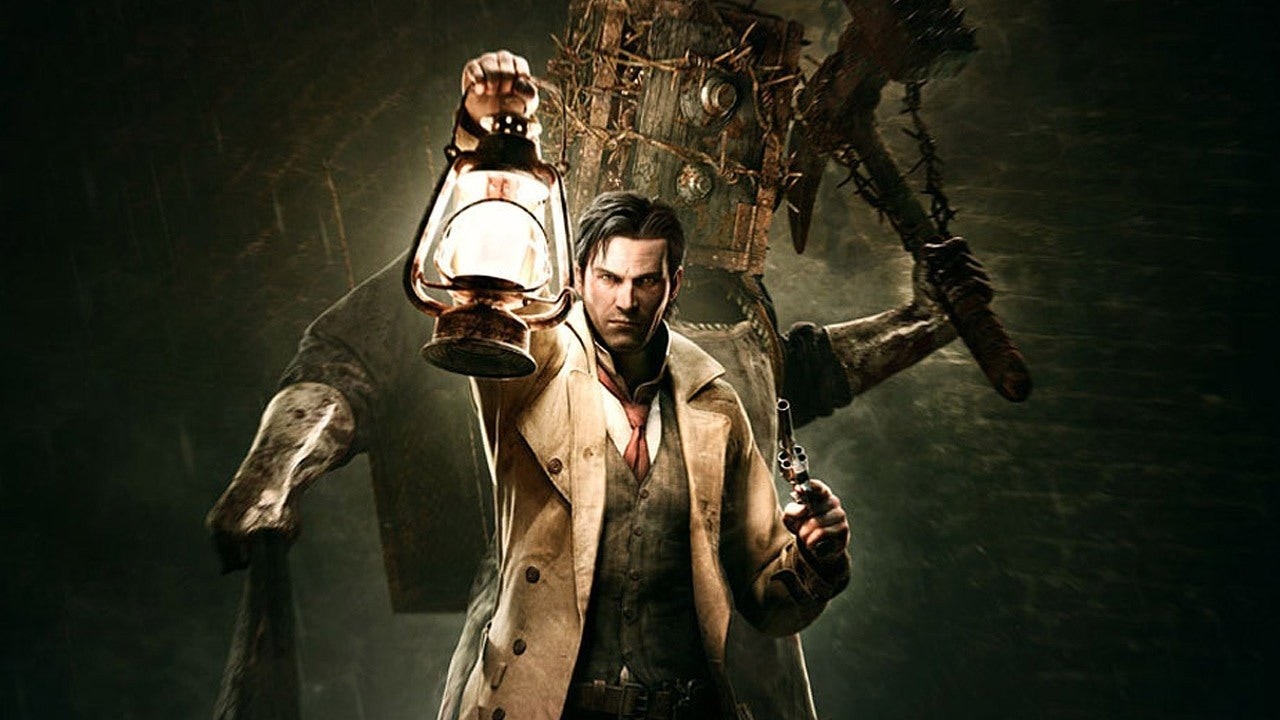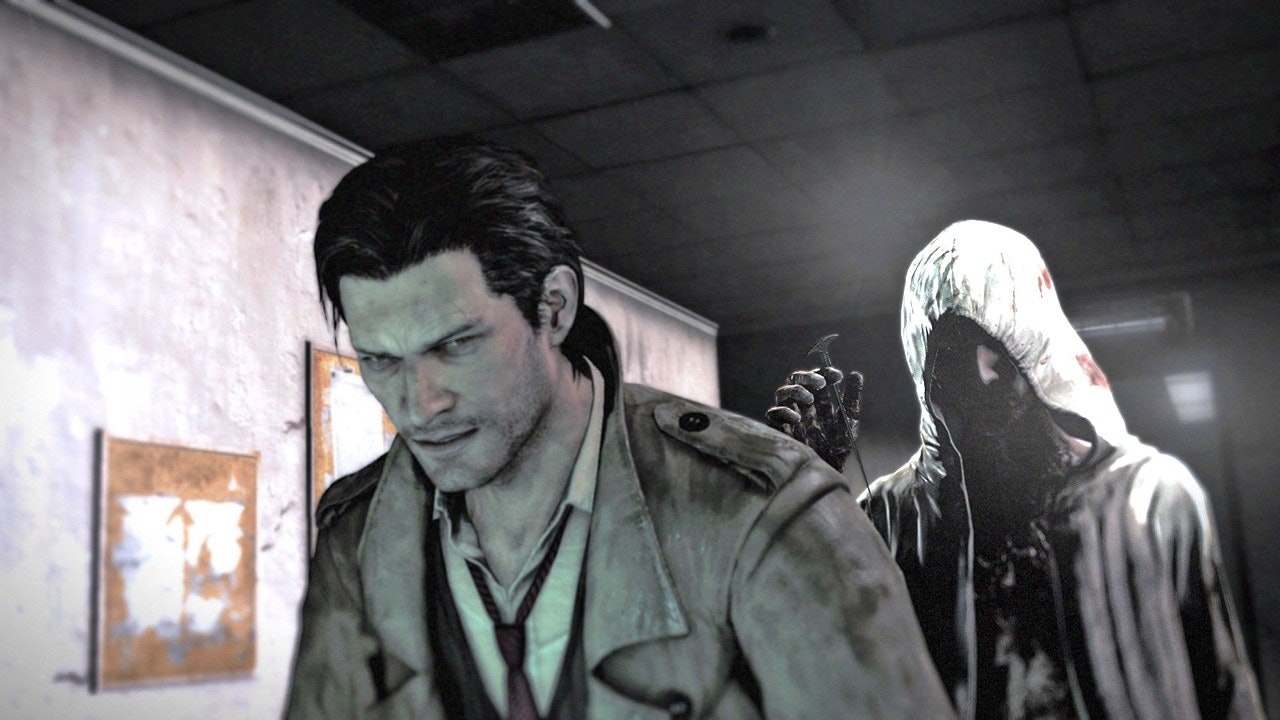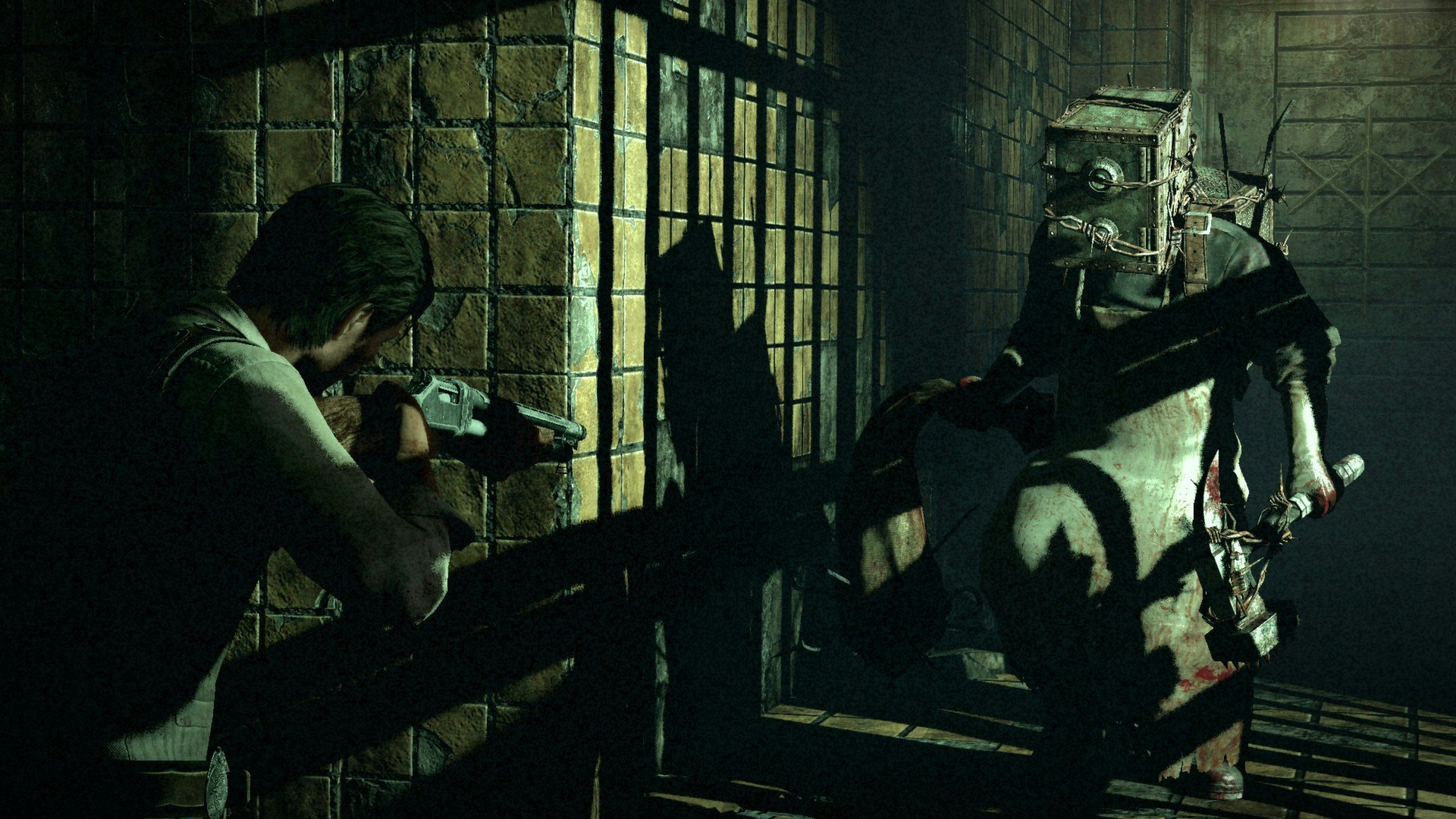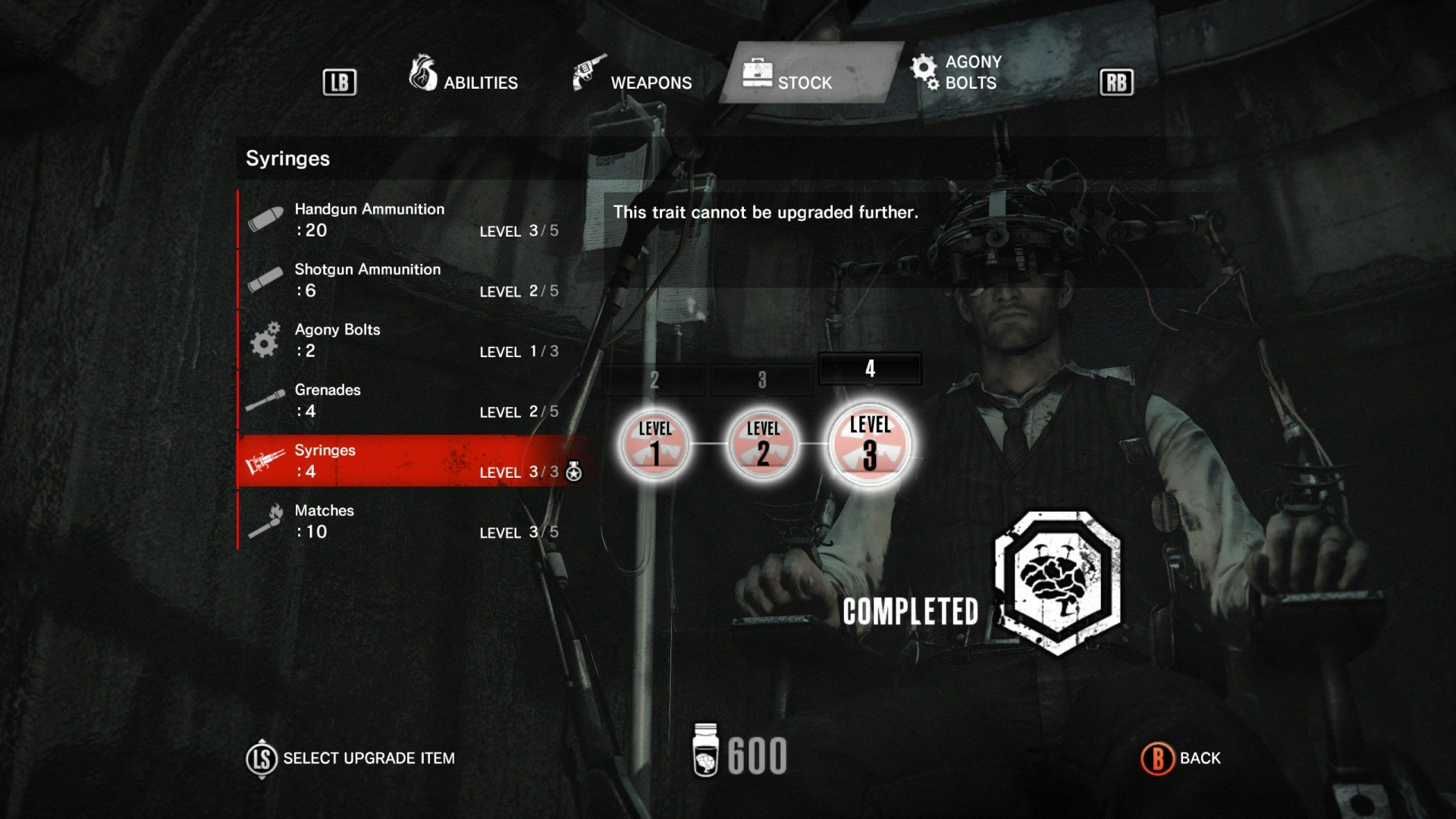
When it comes to horror, few video games can hold a candle to Resident Evil. For decades, the zombie-infested franchise has defined what it means to be a horror game, and one of the key creators responsible for that is series creator Shinji Mikami. While Resident Evil has proven to be an unstoppable juggernaut, Mikami left the franchise to create something new and, somehow, made lightning strike twice. The Evil Within is another visionary game from Mikami, but with a much different flavor than Resident Evil — and it has aged like fine wine.
In 2010, Shinji Mikami left Capcom to found his own studio, Tango Gameworks — which would go on to develop Ghostwire Tokyo and Hi-Fi Rush. Four years after its founding, Tango released The Evil Within as its debut game, and it’s one heck of a debut.

The Evil Within is a “classic” survival horror game in every sense; you creep through eerie environments filled with horrific enemies, need to manage your ammo and healing items constantly, and are often forced to solve little puzzles to keep advancing. But where Resident Evil deals with more physical horror, The Evil Within dives headfirst into psychological horror.
You play as Krimson City Police Detective Sebastian Castellanos, who, along with his squad, finds himself tasked with investigating a mass murder at Beacon Mental Hospital. As Sebastian investigates the bizarre incident, he encounters an equally strange hooded man. Quite suddenly, Sebastian’s squad is drawn into a horrifyingly unreal world, where twisted humans and creatures crave their blood, and the very fabric of reality tries to end them.
The story of The Evil Within is admittedly hard to follow, but that’s intentional. The final act of the game brings all the pieces together. But that’s actually the biggest drawing point of this game — seeing the story get more and more unhinged.

The Evil Within goes to some truly wild places by the end, diving into memories Inception-style, reshaping reality, battling a giant gruesome brain. It’s a game that’s huge on gore and body horror and uses both effectively, but there’s also an inherent sense of goofiness in the overall tone. The actors, especially Sebastian, do a great job of hamming up the story, making it feel like one of those classic 90’s Grindhouse films — but playable. This is a horror game, of course, so expect a few scares along the way, although The Evil Within is more unnerving and creepy than outright scary.
From a gameplay standpoint, The Evil Within is most easily comparable to Resident Evil 4. Tight shooting and item management are coupled with the game becoming increasingly unhinged and grotesque. You control Sebastian from an over-the-shoulder view and have a variety of guns and weapons to choose from, combining those with stealth. You constantly have to weigh trying to sneak around enemies to conserve ammo or just take them down, or being forced to fight if you aren’t stealthy enough. The Evil Within’s shooting feels crunchy and satisfying, there’s a weight to it, which feels fitting for how every bullet you use is a bullet that might keep you alive later down the road.

As visionary as The Evil Within feels, it’s not without its rough edges. The opening of the game, and the first few hours, can feel abysmally slow until the story really takes off. The stealth can feel a bit finicky, and there are a couple of boss battles that have specific gimmicks. But those small flaws ultimately feel like they add to the experience — The Evil Within is an imperfect masterpiece.
As much as I could wax poetic about the game, the sheer lunacy of where this story goes needs to be seen to be believed. The Evil Within is masterful with its horror aesthetics and tone, finds the sweet spot for item management in survival horror, and has enemy designs you’ll see in your sleep. All these years later it’s clear the game has become a classic, another piece of proof that Shinji Mikami is one of the most important creators in the history of video games.







